<p>The rise of
blockchain technology and cryptocurrencies has created new avenues for
financial services. The emergence of decentralized finance (DeFi), a new
paradigm for financial services based on blockchain technology, is one of the
most significant developments in this space. </p><p>In this
article, we will look at what DeFi is, what it offers, and how it has the
potential to transform the financial services industry. </p><p>What Is
DeFi? </p><p>Decentralized
finance (DeFi) is a system of financial applications and services based on a
blockchain network that is decentralized. Unlike traditional financial
services, which are centralized and controlled by large institutions like banks
and governments, DeFi is a decentralized system that anyone with an internet
connection can access. </p><p>DeFi
applications are based on blockchain technology, which allows for secure and
transparent transactions without the use of intermediaries. </p><p>Lending
platforms, decentralized exchanges, insurance services, and other DeFi
applications are examples. These applications operate without the use of
intermediaries, relying on smart contracts that are automatically executed when
certain conditions are met. </p><p>This increases
the efficiency and cost-effectiveness of the DeFi system by eliminating the
need for intermediaries, such as banks, brokers, and other financial
institutions. </p><p>The
Advantages of DeFi </p><p>When compared
to traditional financial services, the DeFi system provides numerous
advantages. Here are some of the most important advantages: </p><ul><li>Accessibility:
Anyone with an internet connection, regardless of location or financial status,
can use DeFi. Individuals who do not have access to traditional financial
services can still participate in the financial system as a result of this. </li><li>Transparency:
Because DeFi transactions are recorded on a public blockchain, they are
transparent and cannot be changed or tampered with. As a result, there is a
high level of transparency and trust in the system. </li><li>DeFi
transactions are secure because they use advanced cryptography and are
resistant to hacks and other security breaches. The DeFi system is thus more
secure than traditional financial services. </li><li>Efficiency:
DeFi applications are built on blockchain technology, which allows for quick
and low-cost transactions without the use of intermediaries. DeFi is thus more
efficient and cost-effective than traditional financial services. </li><li>DeFi is a new
and rapidly evolving field that is constantly testing the limits of what is
possible in the financial services industry. This opens up new avenues for
innovation and growth that would not be possible in traditional financial
services.</li></ul><p>DeFi's
Potential Impact </p><p>In several
ways, DeFi has the potential to transform the financial services industry. Here
are some of the most serious potential consequences: </p><ul><li>Disintermediation:
DeFi has the potential to eliminate the need for intermediaries such as banks,
brokers, and other financial institutions in the financial services industry.
This may result in a more decentralized and democratic financial system. </li><li>Financial
Inclusion: DeFi has the potential to provide financial services to people who
do not otherwise have access to them. By providing financial services to
underserved communities, this could help to reduce poverty and inequality. </li><li>DeFi
is a new and rapidly evolving field that is constantly testing the limits of
what is possible in the financial services industry. This opens up new avenues
for innovation and growth that would not be possible in traditional financial
services. </li><li>Cost
Savings: By eliminating intermediaries and streamlining processes, DeFi has the
potential to reduce costs. Individuals and businesses alike may benefit from
this. </li><li>Transparency:
Because DeFi transactions are recorded on a public blockchain, they are
transparent and cannot be changed or tampered with. As a result, there is a
high level of transparency and trust in the system. </li></ul><p>DeFi Faces
Difficulties </p><p>Despite its
potential benefits, DeFi faces a number of challenges that must be overcome.
Here are some of the most pressing issues: </p><p>Regulation:
Because DeFi operates in a largely unregulated environment, it may be
vulnerable to risks, such as fraud and money laundering. As a result, regulators
are likely to become more involved in DeFi as it grows. </p><p>While DeFi
transactions are secured with advanced cryptography, the system is not
impervious to hacks and other security breaches. This means that security
measures must be improved on a regular basis to ensure the safety of users'
funds. </p><ul><li>User
Experience: For non-technical users, DeFi applications can be complex and
difficult to use. This could limit adoption and stifle the DeFi ecosystem's
growth. </li><li>Scalability:
As DeFi expands, scalability may become an issue. The current blockchain
infrastructure may be unable to handle the growing volume of transactions, resulting
in delays and higher fees. </li><li>Interoperability:
Currently, DeFi applications are built on separate blockchains, limiting
interoperability between different applications. This could limit DeFi's
ability to create a truly decentralized financial system.</li></ul><p>DeFi VS Banks: Can DeFi Push Banks Out of the Financial Ecosystem?</p><p>DeFi offers
several advantages over traditional banking systems. It is decentralized,
meaning that it is not controlled by any single entity, making it less prone to
manipulation and corruption. Transactions are verified by a network of
computers that work together to ensure the accuracy and security of the system.
Additionally, DeFi transactions are often faster and cheaper than traditional
banking transactions, as they do not require intermediaries.</p><p>But, while DeFi
offers several advantages over traditional banking systems, it is unlikely to
replace banks entirely. Banks play a crucial role in the financial ecosystem,
providing a range of services that are not easily replicated by DeFi. Here are
some reasons why banks are still relevant in the future:</p><p>Regulation and
Compliance</p><p>Banks are
highly regulated, and they must comply with strict rules and regulations to
ensure that they are operating in a safe and sound manner. This means that
banks are held to a high standard, and they must adhere to strict anti-money
laundering (AML) and know-your-customer (KYC) requirements. While DeFi is
gaining regulatory attention, it is not yet subject to the same level of
regulation as banks.</p><p>Security</p><p>While DeFi is
designed to be secure, <a href="https://www.financemagnates.com/cryptocurrency/education-centre/the-security-challenges-of-defi/" target="_blank" rel="follow">there have been several high-profile hacks and security
breaches in the DeFi space</a>. Banks, on the other hand, have sophisticated
security measures in place to protect their customers' funds and data.</p><p>Credit and
Lending</p><p>Banks play a
crucial role in providing credit and lending services to individuals and
businesses. While DeFi has the potential to disrupt the lending industry, it is
still in its early stages, and it may take time for DeFi lending platforms to
mature and become as reliable as traditional banks.</p><p>Financial
Advice</p><p>Additionally, Banks provide financial advice to their customers, helping them to make informed
decisions about their money. While there are DeFi platforms that offer
investment advice, they are not yet as sophisticated as traditional banks in
this area.</p><p>DeFi is a
rapidly growing sector in the financial industry that offers many advantages
over traditional banking systems. However, it is unlikely to replace banks
entirely. Banks play a crucial role in the financial ecosystem, providing a
range of services that are not easily replicated by DeFi.</p><p>Conclusion </p><p>Decentralized
finance is a new financial services paradigm based on blockchain
technology. It has many advantages over traditional financial services, such as
accessibility, transparency, security, efficiency, and innovation. </p><p>By disintermediating
the system, providing financial services to underserved communities, lowering
costs, and increasing transparency, DeFi has the potential to transform the
financial services industry. </p><p>However, DeFi faces a number of challenges, including regulation, security, user
experience, scalability, and interoperability. Addressing these issues will be
critical to DeFi's continued growth and success. </p><p>Overall, DeFi
represents a new financial frontier with the potential to create a more
decentralized and democratized financial system for all.</p>
This article was written by Finance Magnates Staff at www.financemagnates.com.

You can get bonuses upto $100 FREE BONUS when you:
💰 Install these recommended apps:
💲 SocialGood - 100% Crypto Back on Everyday Shopping
💲 xPortal - The DeFi For The Next Billion
💲 CryptoTab Browser - Lightweight, fast, and ready to mine!
💰 Register on these recommended exchanges:
🟡 Binance🟡 Bitfinex🟡 Bitmart🟡 Bittrex🟡 Bitget
🟡 CoinEx🟡 Crypto.com🟡 Gate.io🟡 Huobi🟡 Kucoin.

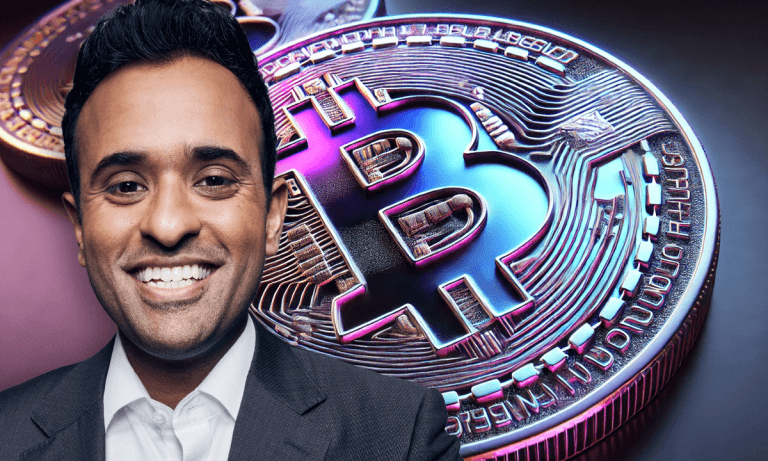



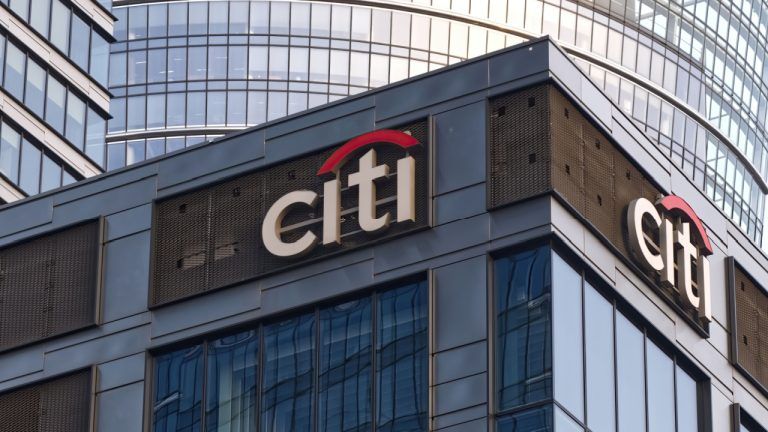

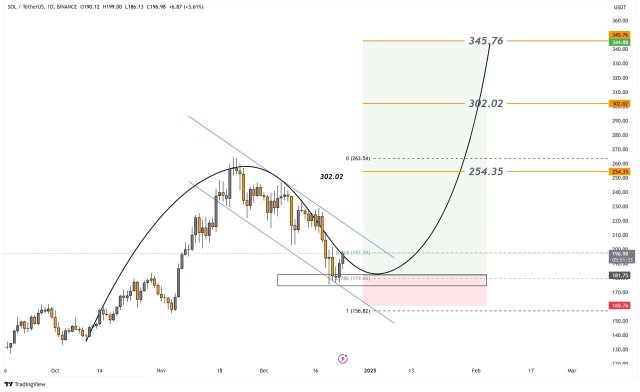





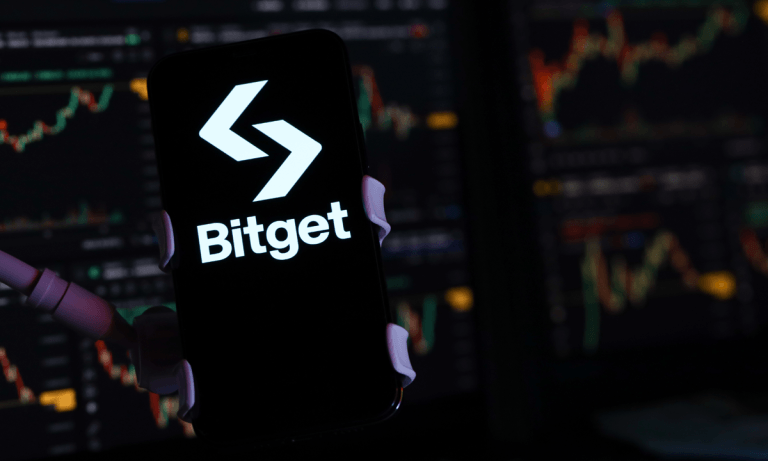

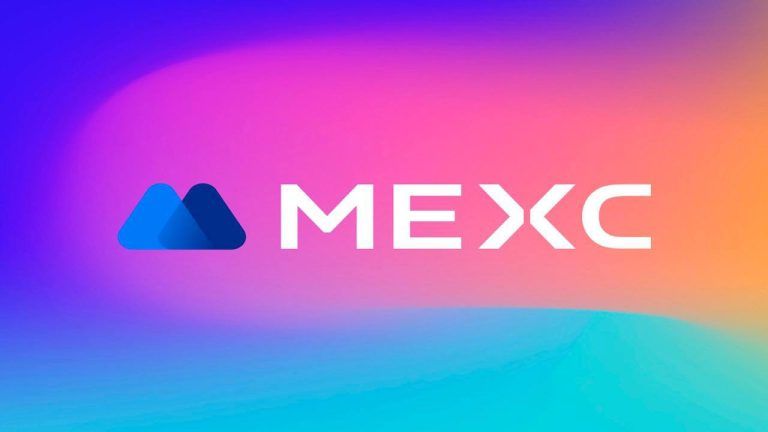
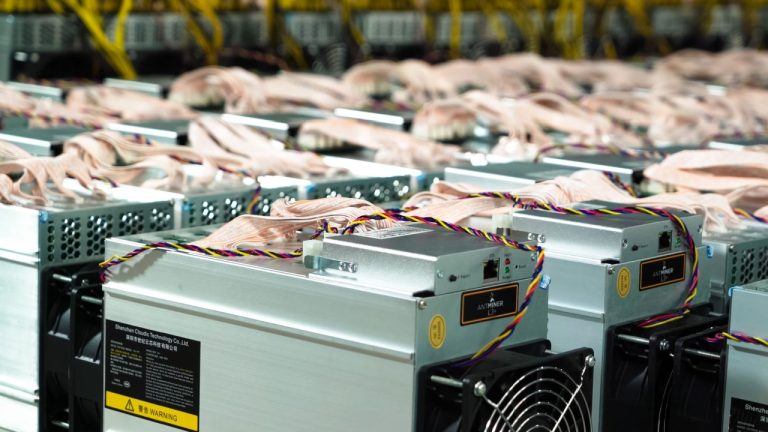




Comments